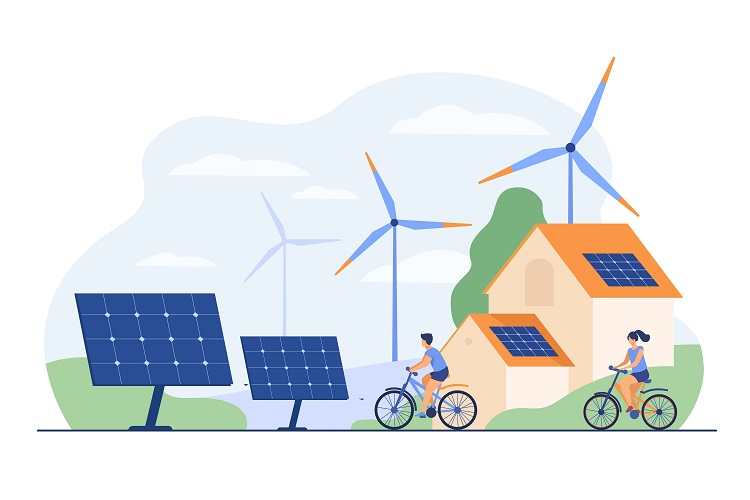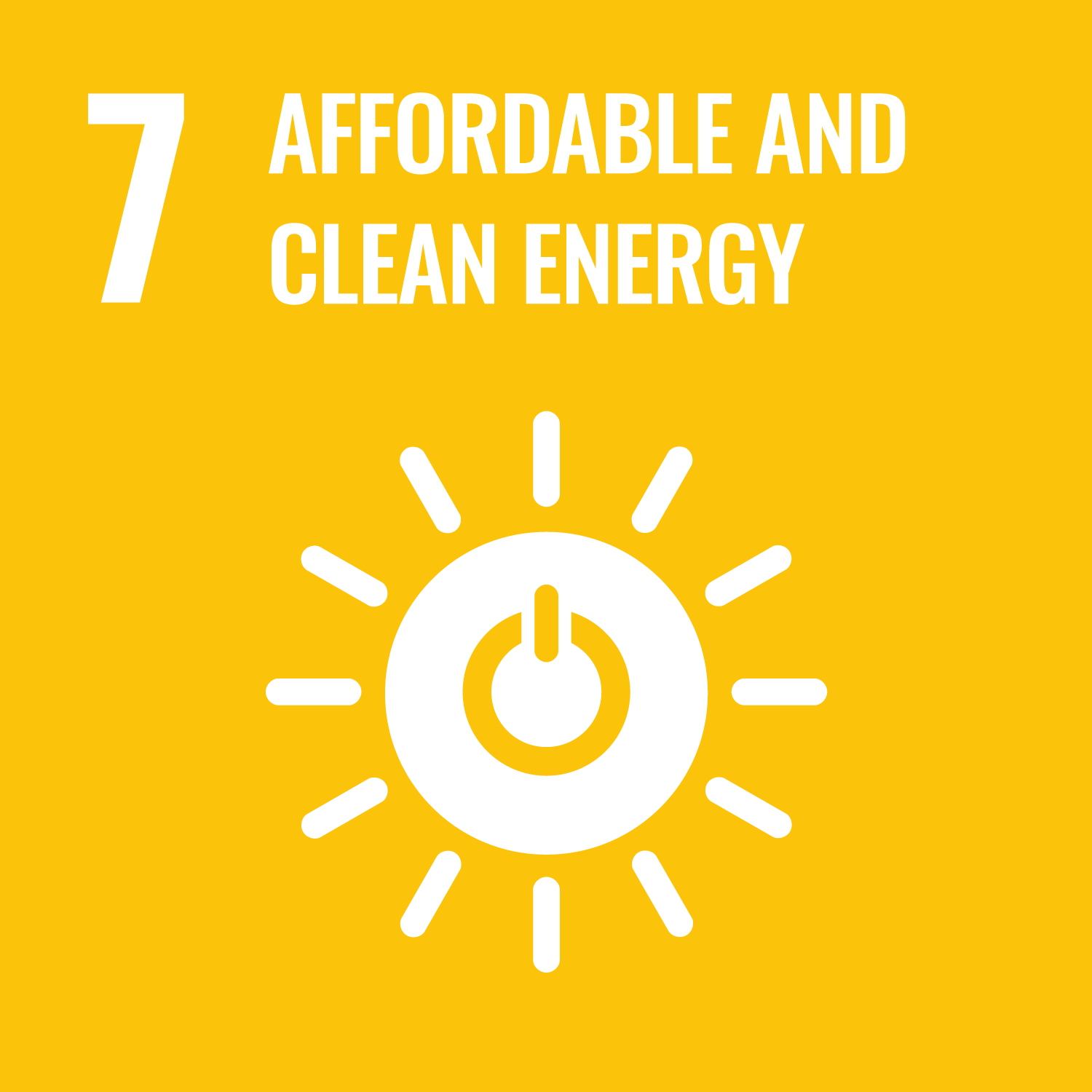Achieving decarbonization at Sophia University’s Yotsuya Campus through electric and gas energy (AY 2021)
- Sophia School Corporation

Since June 1, 2020, Sophia University’s Yotsuya Campus (Chiyoda Ward, Tokyo) has been switching its electricity consumption so that 100% of energy is from renewable sources*1. On March 17, 2022, the electricity supplying Buildings No.13 and No. 14 and Sanada Moat Athletic Grounds was switched so that 100% of electricity is from renewable sources, resulting in renewable energy accounting for 100% of the electricity consumed on the campus*2.
Additionally, on December 1, 2021, Yotsuya Campus switched its entire natural gas consumption to carbon-neutral LNG*3.
Accordingly, all of the roughly 17 million kilowatt hours of electricity and 910 thousand cubic meters of natural gas used by the campus each year*4 has been switched to energy sources that are effectively carbon neutral. In this way, the university’s largest campus in terms of energy consumption*5 is making a significant effort toward decarbonization.
*2. Conforms to the standards of RE100, a global initiative.
Introduction is also underway at the Mejiro Seibo Campus and Hadano Campus.
*3. Natural gas that effectively results in no greenhouse gas emissions as the volume of CO2 emissions generated through all processes, from extraction through to combustion, is offset by the absorption of an equivalent volume of CO2 through initiatives such as forest planting and conservation. Introduction is also underway at the Mejiro Seibo Campus.
*4. Consumption figures are for the 2020 academic year
*5. The Yotsuya Campus accounts for approximately 95% of energy used at Sophia University.



